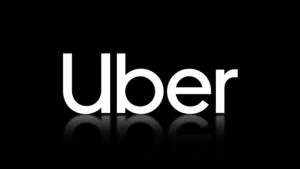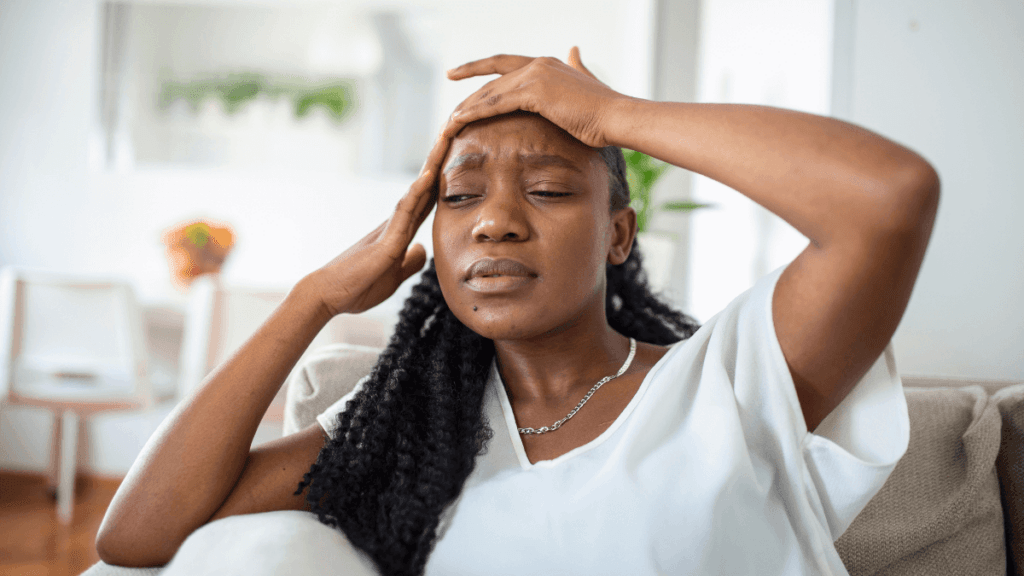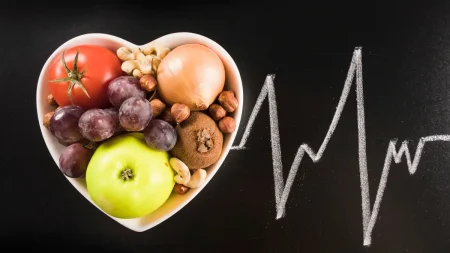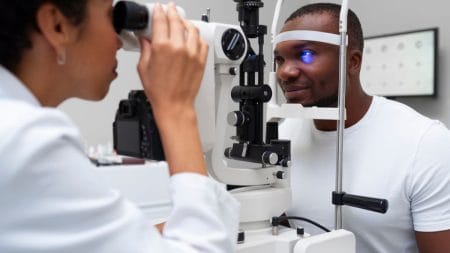High blood pressure, also known as hypertension, is often called the “silent killer” for good reason. Many people living with high blood pressure experience no symptoms at all — even when their readings reach dangerously high levels. This means that without regular checks, many individuals don’t know they are at risk until serious complications occur. However, when symptoms do appear, especially during severe or life-threatening stages, they must never be ignored.
Understanding the signs and warning symptoms of high blood pressure can help you take timely action, protect your health, and possibly save your life.
What Is High Blood Pressure?
Blood pressure measures the force of blood pushing against the walls of your arteries as your heart pumps. When this pressure stays too high over time, it strains your heart, blood vessels, and vital organs like the kidneys and brain. If untreated, hypertension can cause heart attacks, strokes, kidney failure, and other serious health problems.
Common Symptoms and Warning Signs of High Blood Pressure
While high blood pressure often shows no signs, certain symptoms can indicate your blood pressure is dangerously high. These include:
1. Persistent or Severe Headaches
Many people with very high blood pressure report constant headaches, often worse in the morning. These headaches may feel like a dull pressure or throbbing on both sides of the head, sometimes starting at the back of the neck and spreading forward.
2. Vision Changes
Blurred or double vision, or sudden loss of sight, can happen if high blood pressure damages the tiny blood vessels in your eyes. This condition, called hypertensive retinopathy, can threaten your vision if not treated.
3. Chest Pain or Discomfort
Any chest pain, tightness, or pressure should be taken seriously. It might signal heart strain, angina (reduced blood flow to the heart), or a heart attack. If the pain is sudden, intense, or spreads to your arm or jaw, seek emergency care immediately.
4. Shortness of Breath
Difficulty breathing, especially when lying flat, can be a sign that fluid is building up in your lungs because of high blood pressure affecting your heart.
5. Dizziness or Lightheadedness
Feeling dizzy, woozy, or off balance may mean your brain is not getting enough blood due to high blood pressure.
6. Fatigue or Confusion
Unusual tiredness, trouble concentrating, or confusion could mean your brain is affected by high blood pressure.
7. Nosebleeds
Although not very common, spontaneous nosebleeds might occur if delicate blood vessels inside your nose burst due to very high pressure.
8. Blood in Urine
Pink, red, or brown urine can be a sign that high blood pressure is damaging your kidneys. This requires urgent medical attention.
9. Irregular Heartbeat
You may feel your heart racing, pounding, or fluttering. This arrhythmia can happen because high blood pressure strains your heart.
10. Facial Flushing
Sudden redness in your face, neck, or chest can sometimes be triggered by high blood pressure, especially during stress or after eating certain foods or drinking alcohol.
11. Swelling in Legs, Ankles, or Feet
Fluid retention causing swelling may indicate your heart is struggling due to uncontrolled high blood pressure.
When Should You Seek Medical Help?
Since most people do not notice any symptoms until blood pressure becomes dangerously high, regular monitoring is crucial. However, if you experience any of the symptoms listed—especially chest pain, shortness of breath, severe headache, vision problems, or confusion—seek medical help immediately. These signs may indicate a hypertensive crisis or damage to organs like the heart or brain.
How to Protect Yourself from High Blood Pressure
Get regular blood pressure checks: Even if you feel fine, visiting your clinic or pharmacy to measure your blood pressure regularly is vital.
Eat a healthy diet: Reduce salt intake, eat plenty of vegetables and fruits, and avoid processed foods.
Stay active: Try to get at least 30 minutes of moderate exercise most days.
Avoid tobacco and limit alcohol: Both can raise blood pressure and harm your heart.
Manage stress: Practice relaxation techniques or activities that help you stay calm.
Take prescribed medication: If your doctor prescribes blood pressure medicine, take it exactly as instructed.
Check also: Best Winter Soups on a Budget: Hearty, Healthy & Easy to Make
High blood pressure is often symptomless but extremely dangerous if left untreated. Knowing these warning signs and acting fast can protect your health and even save your life. Don’t ignore headaches, chest pain, vision problems, or any unusual symptoms — see a healthcare provider without delay.
Regular blood pressure monitoring and a healthy lifestyle are your best defenses against the silent killer.










